Is the Mass Exodus from Blue States as Severe as It Seems?
Economists reveal the U.S. is experiencing one of the greatest mass migrations in the young nation’s history.
According to reports, over five million people have left “blue states” such as California, hoping for a better life in places such as Texas or Florida.
Celebrities Fleeing Blue States
A steady flow of celebrities such as Mark Walberg, Joe Rogan, Rob Schneider, and Chris Hemsworth have all fled “blue” California in recent years.

Source: Slaven Vlasic/Getty Images
Many place the blame on the nation’s Democratic Party, with Schenider explaining, “I really feel like I don’t want the Democratic Party trying to run my life. And there’s not one aspect of your life that they don’t want to interfere with. I had it with them” (via KTLA).
Economists Dive into the Situation
Popular economist Stephen Moore spoke with Fox Business during a recent interview and explained that the trend is much broader than first thought.

Source: Freepik
According to his report, over five million Americans have fled the “blue states” such as California, New York, Illinois, and New Jersey over the last decade (via MSN).
Frustration With Democrat Policies
Residents leaving blue-voting states will sometimes cite their patience has run out with the consequences of policies that Democrats have implemented. Some feel like their democratically elected governments have let people down and haven’t made much progress.

Office of the Governor of California/Wikimedia
Others are frustrated by progressive policies that in their minds have gone too far. Particular sticking point issues for residents include things like crime, homelessness, and property values.
Blue States Tend to Have an Urban Presence
Part of what is driving the exodus from blue states may have less to do with politics and more with the conditions of urban living. Blue states tend to have large urban centers whose residents vote Democrat.
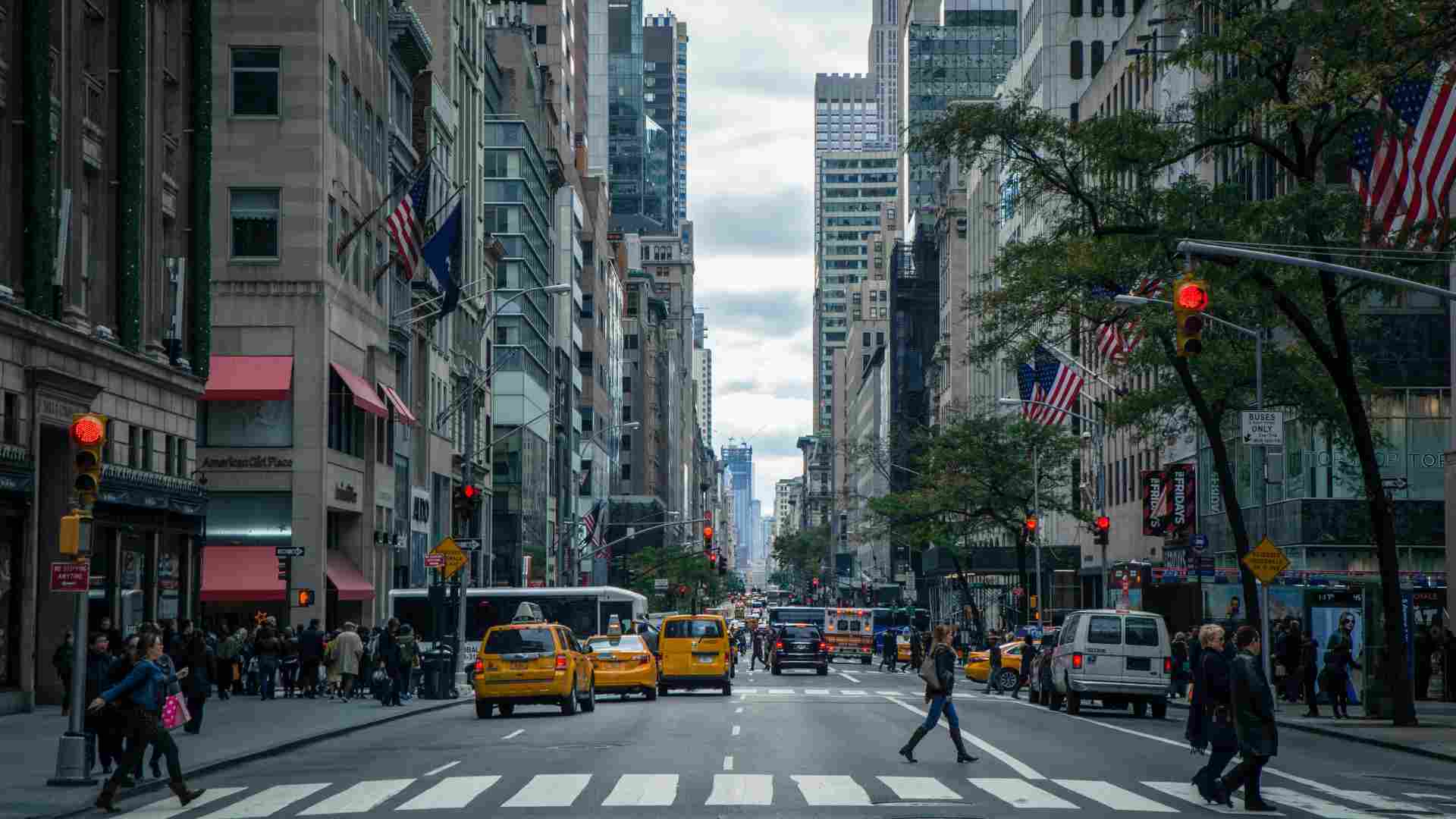
Nout Gons/Pexels
The quality of life in cities and the dangers of the pandemic in recent years have encouraged people to seek out bigger spaces.
Perception of Rising Crime in Cities
Many of the fleeing residents from major cities have recent spikes in crime in mind as a possible motivator for leaving. Urban flight is commonly correlated with a rise in crime rates.
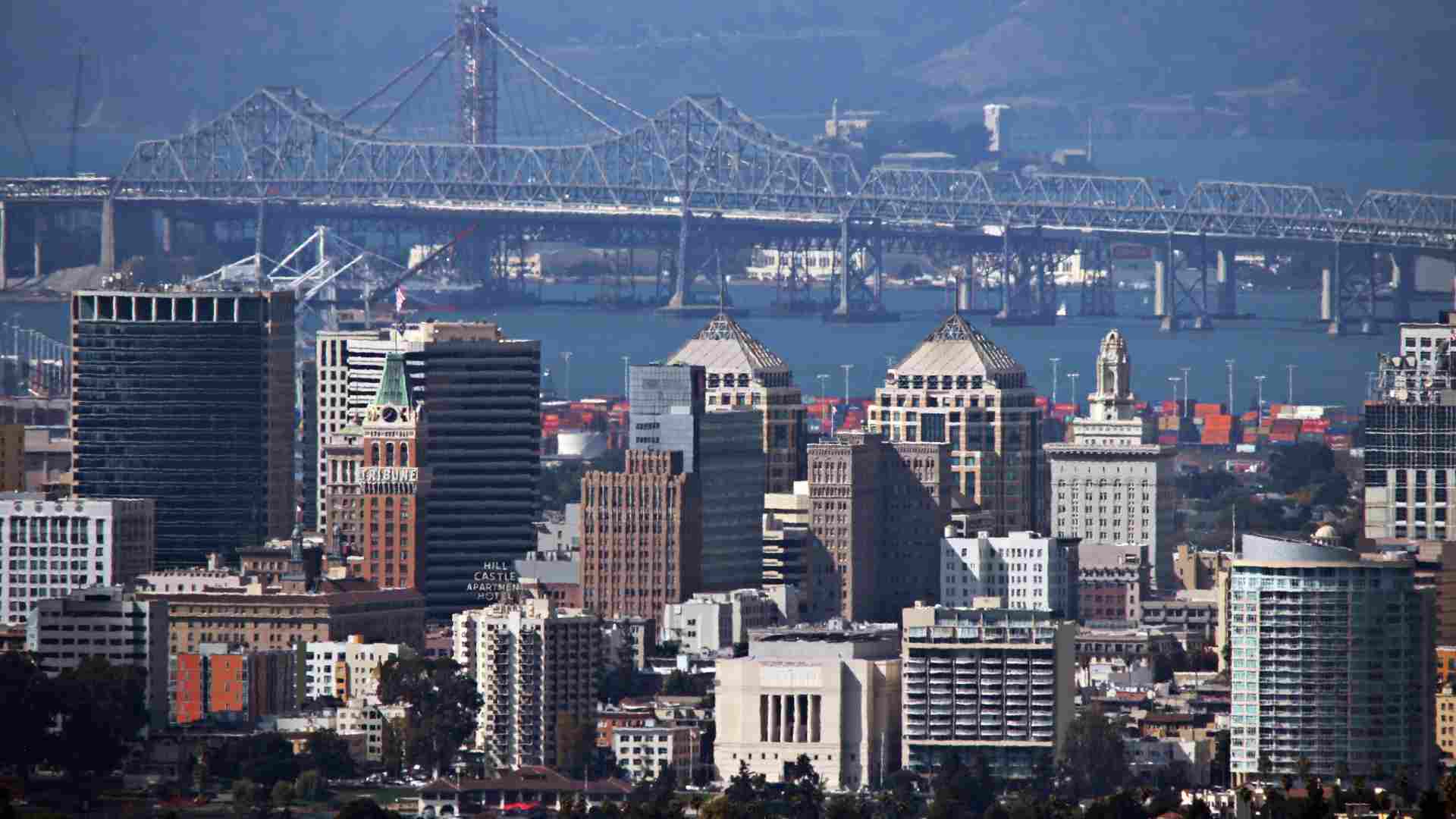
Basil D Soufi/Wikimedia
CNN reported that some residents of Oakland California felt unsafe in the area, and took to adding more security measures to respond to a crime wave. One resident, Kristin Cook, moved to Texas because she “got to the point I was too scared to leave my house.”
People Seeking a Change in Weather
Another possible explainer for some of the residents moving from blue states to red ones is the temperature.
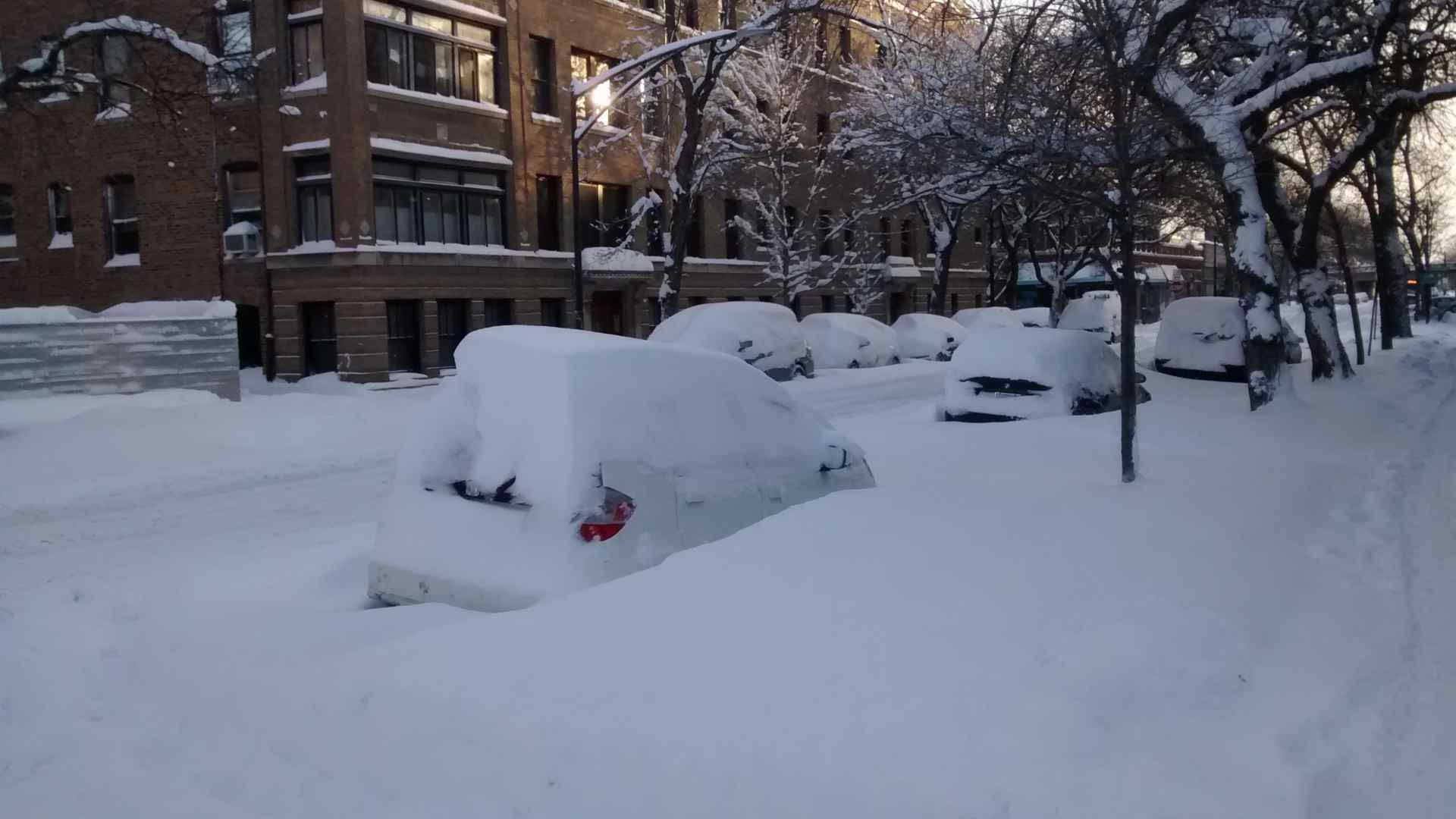
Mx. GrangerWikimedia
Large democratic strongholds like Chicago and New York Cty have colder winters and chilly winds compared to places in the south like Texas or Florida. These places offer a more consistent temperature during more times of the year compared to harsher northern climates.
Housing Affordability
Housing prices in recent years have seen a huge spike across many areas of the US. In October 2023, housing prices in the United States hit an all-time high, with little indication of slowing down, CNN reported.
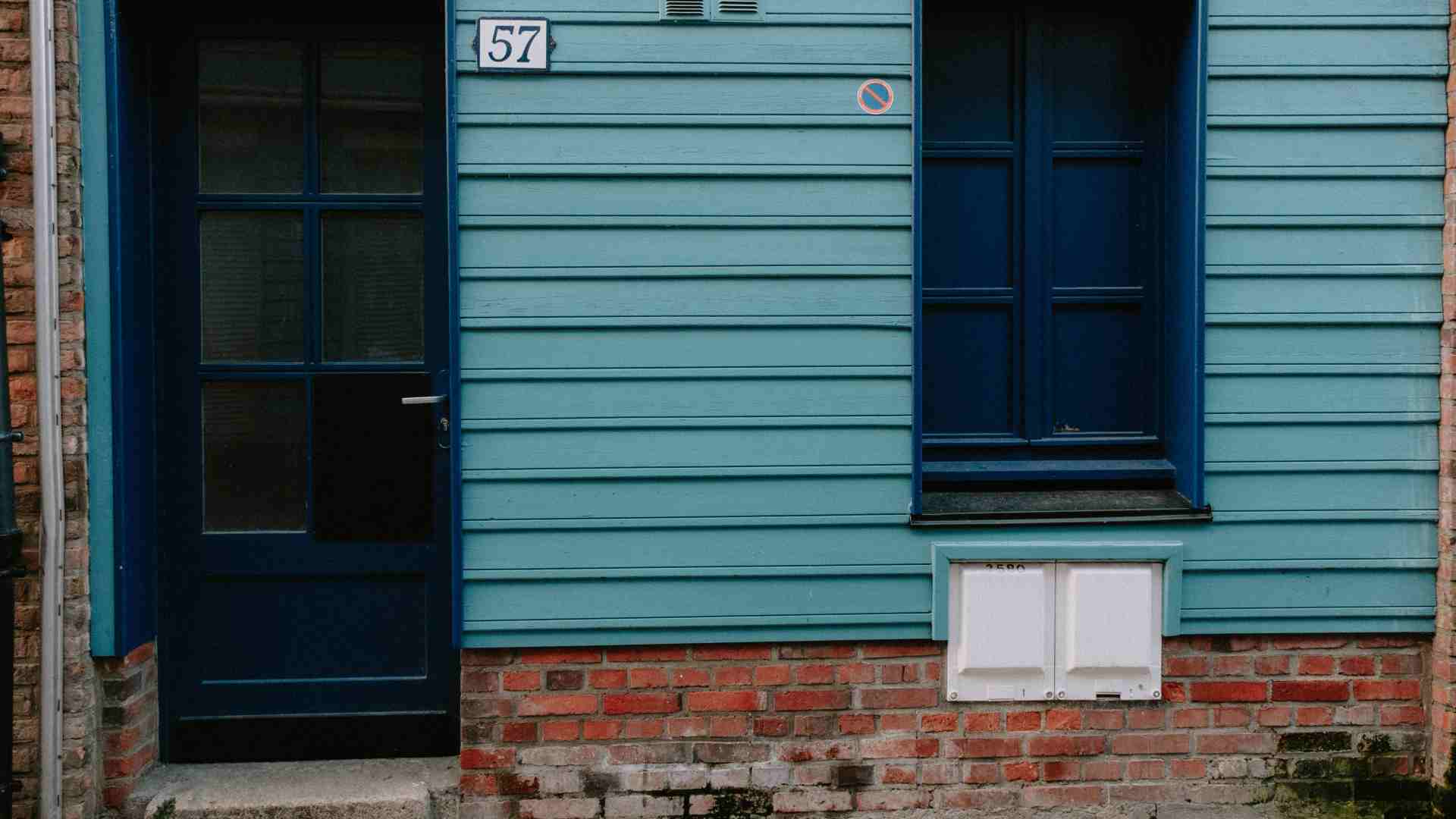
Mathias Reding/Pexels
This problem is made worse in big cities because of the premium pricing of living in certain areas. Pricing worries encourage people to look in red states, where they can get bigger accommodations for a lower price.
Red States Observe a Great Influx
During the interview, Moore explains that the so-called “red states” have experienced an astronomical influx of people over the last 10 years from places like California.

Source: Brandon Bell/Getty Images
“If you look at, for example, the states that gained the most population over the last 10 years, you’re talking about obviously, Florida, Texas, South Carolina, North Carolina, Georgia, those states, the Southeast now has a larger GDP — total combined economic output — than the Northeast,” said Moore.
Moore Makes Reference to Shocking Revelation about Blue Cities
According to the economist, the U.S. is experiencing a trend that has never happened in the nation’s history.
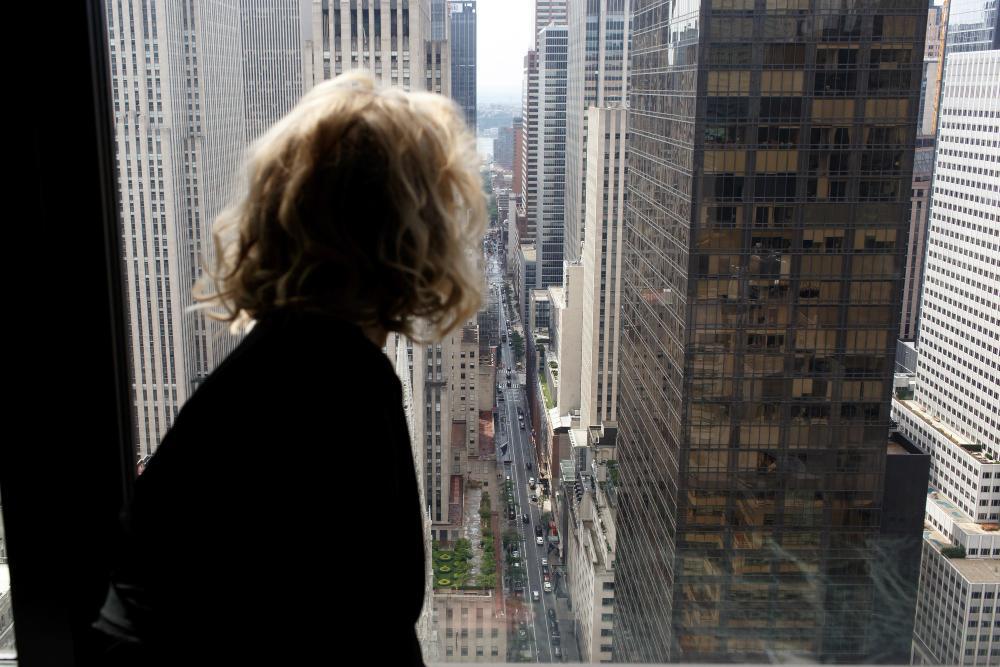
Source: Freepik
Speaking about the booming economies of the “red cities,” Moore acknowledges places such as Boston and NYC are losing money. “That’s the first time that’s ever happened in American history,” he said.
Data Backs Up Theorized Trend
A report published by the Census Bureau appears to back up the points made by Moore during his interview with Fox. It states that the Southern portion of the U.S. gained 700.000 residents from domestic migration in 2023.

Source: Freepik
Meanwhile, New England and the surrounding northeastern states lost over 43,000 residents.
What’s Driving the Blue Exodus
While Moore admits it’s difficult to pinpoint the actual cause of the American citizens’ desire to flee from the “blue states,” he has postulated two factors that are contributing to the migrations.

Source: Freepik
The economist said that both higher taxes in “blue states” and businesses’ desire to center themselves in “red states” for the benefits play a huge role in the migrations.
Retailers Abandoning Big Cities
Another driver of resident exodus is the increase in big box stores that are picking up and leaving big cities.
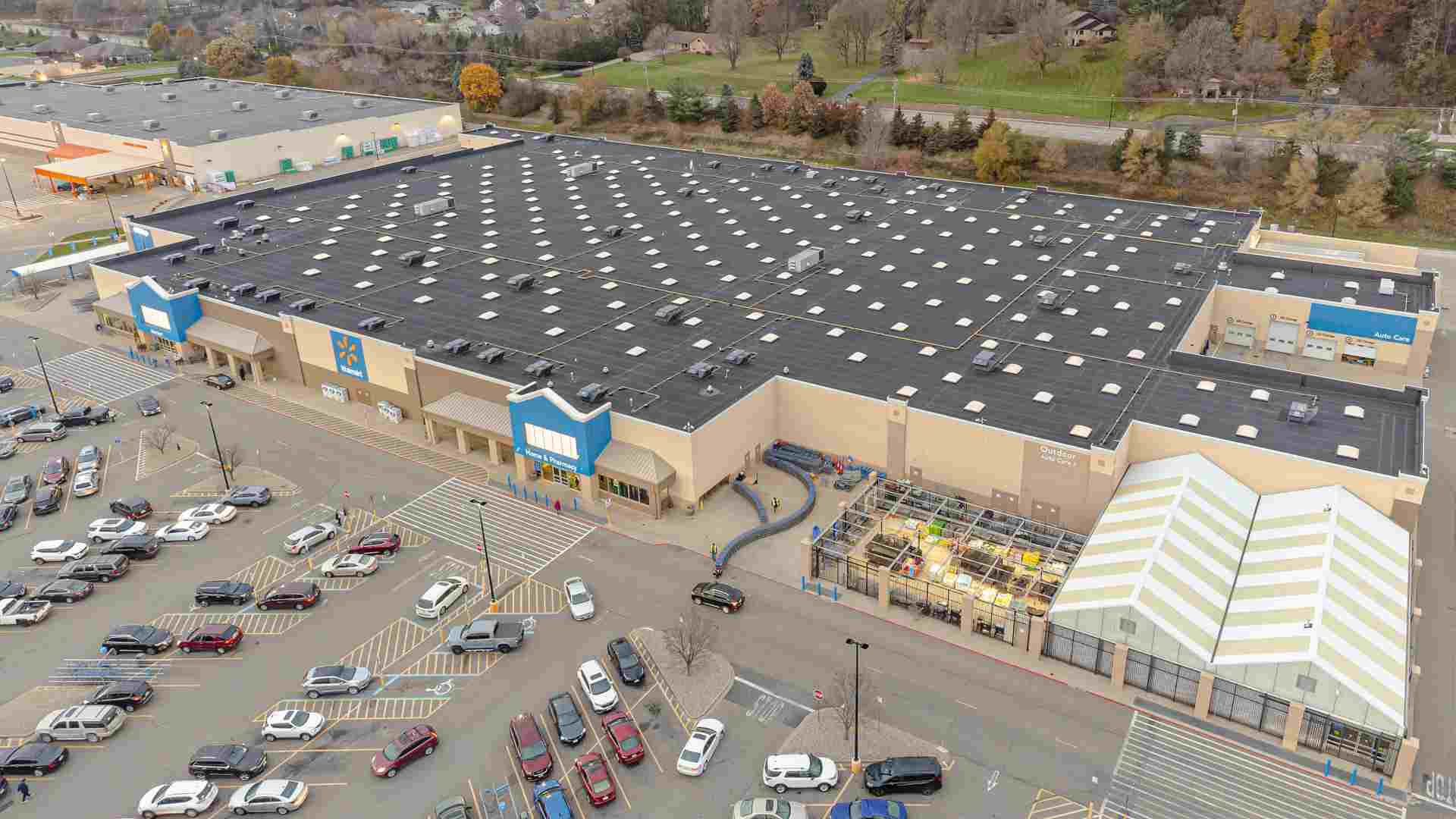
Wikideas1/Wikimedia
Many popular American retailers like Walmart, Walgreens, and Target are closing urban stores in response to rising rates of shoplifting and a decrease in foot traffic. These stores have to increasingly compete with online retailers like Amazon and are slow to adapt to the popularity of online shopping.
Stores Opening up Near the Suburbs
The Wall Street Journal reported in 2023 that many of these retailers are also relocating stores to be closer to the suburbs. Retailers hope to capture business from suburban residents who make regular visits to shopping centers.
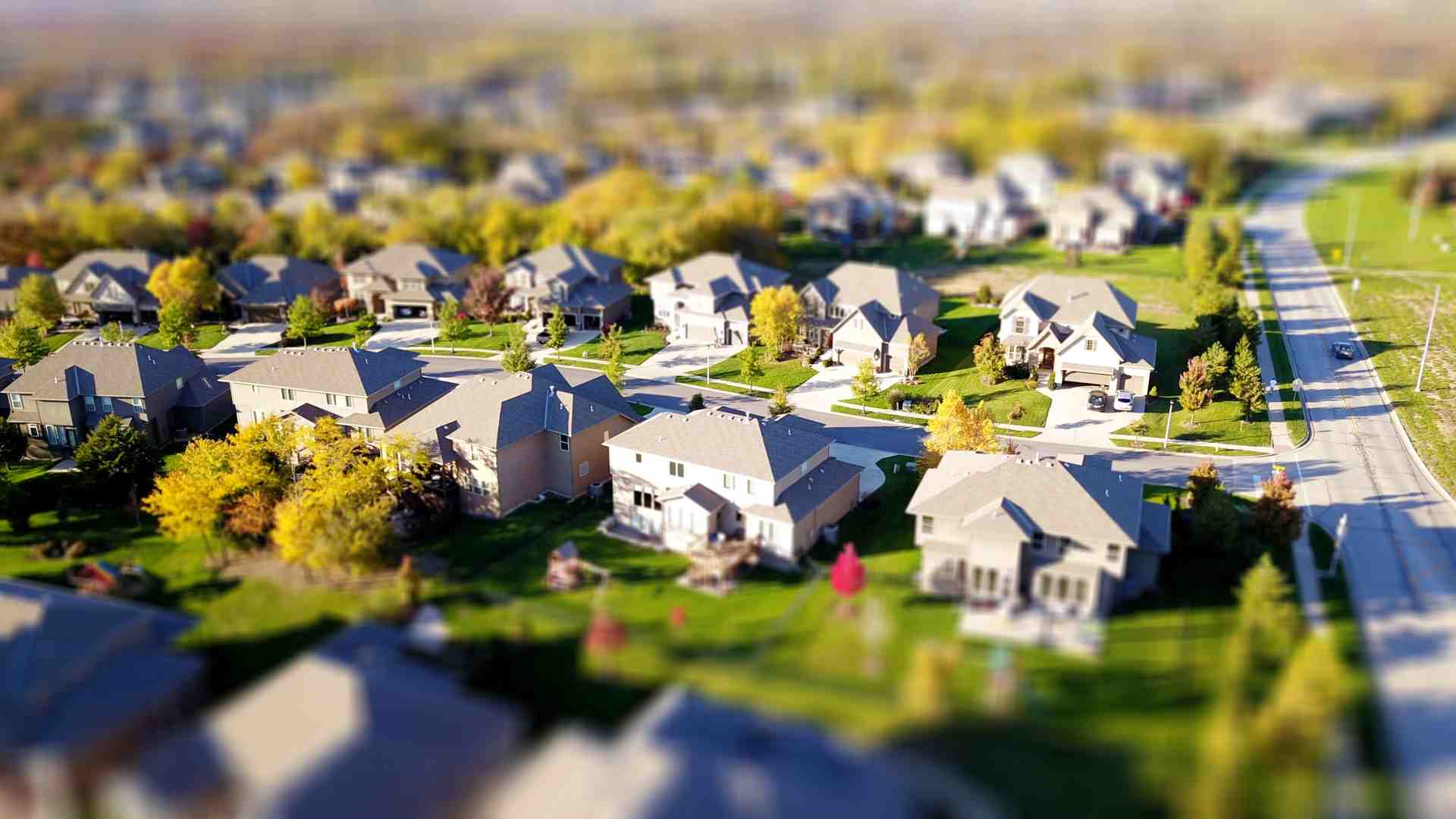
David Mcbee/Pexels
Since there is a trend of people moving away from cities and work-from-home is becoming more popular, retailers hope to capitalize on it.
Financial Appeal of Lower Taxes in ‘Red States’
Moore’s first point centers on the lower taxes typically associated with “red states.”
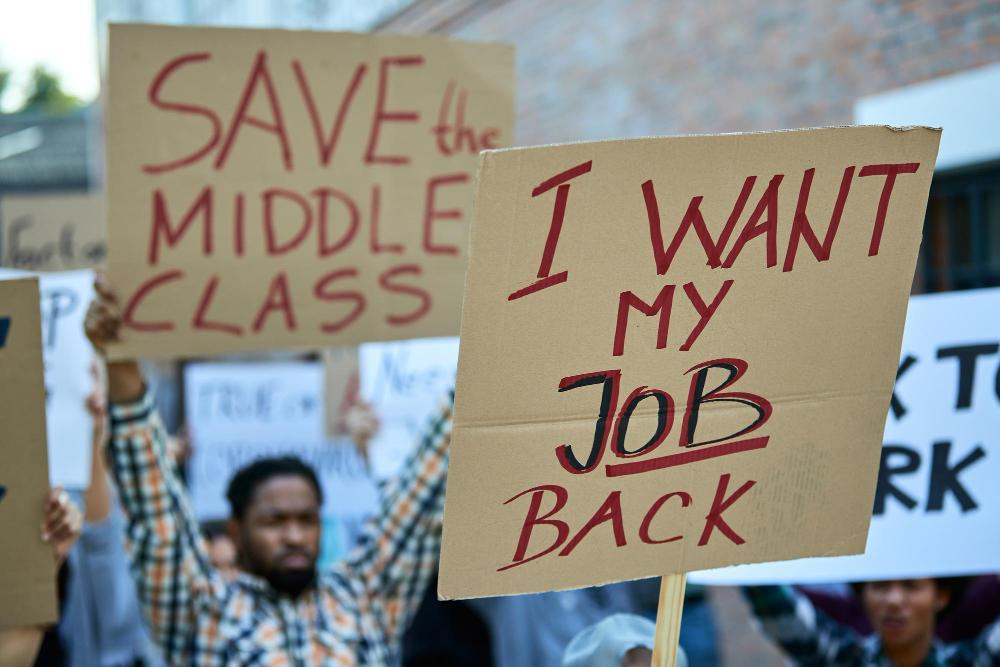
Source: Freepik
Meanwhile, places like California continue to increase taxes, much to the disapproval of its residents.
Lower Standard of Living
Many red states, particularly in the south, have a lower standard of living. This means that residents pay less for purchases that everyone needs to live like utilities, food, and rent.

Erik Scheel/Pexels
In big cities, there is a premium placed on the location of your home, and groceries tend to be more expensive. The lower prices for basic expenses can be appealing to people who work from home, since they aren’t required to stay near the office.
No Income Tax in Texas & Florida
The economist said, “California just adopted a new tax increase.” The state decided to increase its highest tax bracket to 14.4% for those earning over $1 million.

Source: Freepik
He said, “You can move to Florida and Texas and pay zero! This is a no-brainer.” Moore continued, “I wish these blue states would get their act together and stop avoiding reality, which is taxes do matter, and they matter a lot.”
Businesses Head for the Red Land
The exodus from “blue states” includes not only residents but is also “a migration of business activity and capital investment,” said Moore.

Source: Freepik
According to his theory, businesses are fleeing to the “red states” due to their better right-to-work laws, which play a significant role in upholding the relationship between workers and unions.
Union Cannot Be Forced Upon ‘Red State’ Workers
The specific set of laws was implemented to ensure employees cannot be forced to join a union nor pay dues if they wish to abstain.

Source: Freepik
Moore explained this could be one reason so many businesses are migrating to “red states,” explaining, “They have lighter regulation, better policies across the board. A pro-business atmosphere.”
Not Everyone is Considering the Consequences
While people living in blue states seem keen to migrate to red states for all their advantages, it is not all upside.

Pixabay/Pexels
While moving to a red state could save someone money, they will likely pay for it with a lower life span. Life expectancy is much higher in rich, Democratic states compared to Republican ones. According to the CDC, someone’s life expectancy might change from 77-79 to 71-73 by moving from a rich to a poor state.
Higher Rates of Gun Death
States who vote Republican in elections tend to have a higher incidence of gun-related deaths, according to a Journal of the American Medical Association’s Surgery study.

Kelly/Pexels
In addition to a higher likelihood of gun deaths, Third Way reported that states that voted for Trump had a 12% higher murder rate than those that voted for Biden.
Suicide Rates in Red States
In addition to being more likely to experience a gun death in a red state, Residents of red states also are more likely to commit a gun suicide.

Pixabay/Pexels
Gun suicides have been making up a larger percentage of total gun deaths in recent years. One reason for the increased rate of suicide is the economic instability of many poorer red states. Suicide rates will often correlate with ups and downs in the economy.
Less People are Voting Republican
As people move from blue states to red states, they are taking their politics with them. This will likely result in these red states starting to become more like blue states over time.
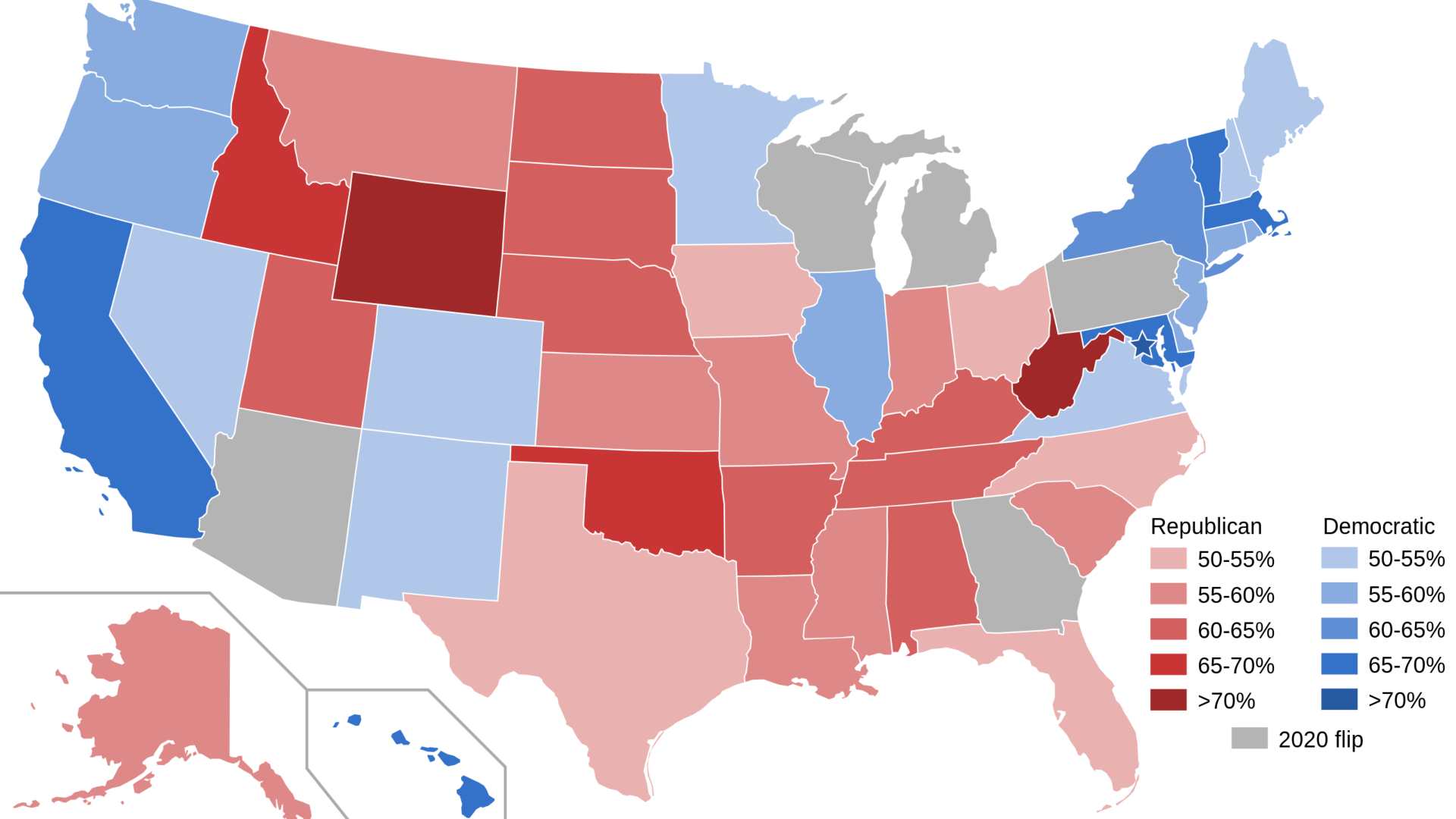
Polls of younger generations show that their political affiliations are overwhelmingly left-wing, meaning that the future of these red states might be to turn into blue states.
Red States Will Continue to Experience an Influx
According to the economist, states such as Texas, Florida, North Carolina, South Carolina, and Georgia are all heavily involved in the right-to-work movement.

Source: Freepik
Moore finished his interview by issuing a warning to “blue states,” claiming if they continue to “soak the rich,” more people will continue to flee, and “they’re taking their jobs with them.”
